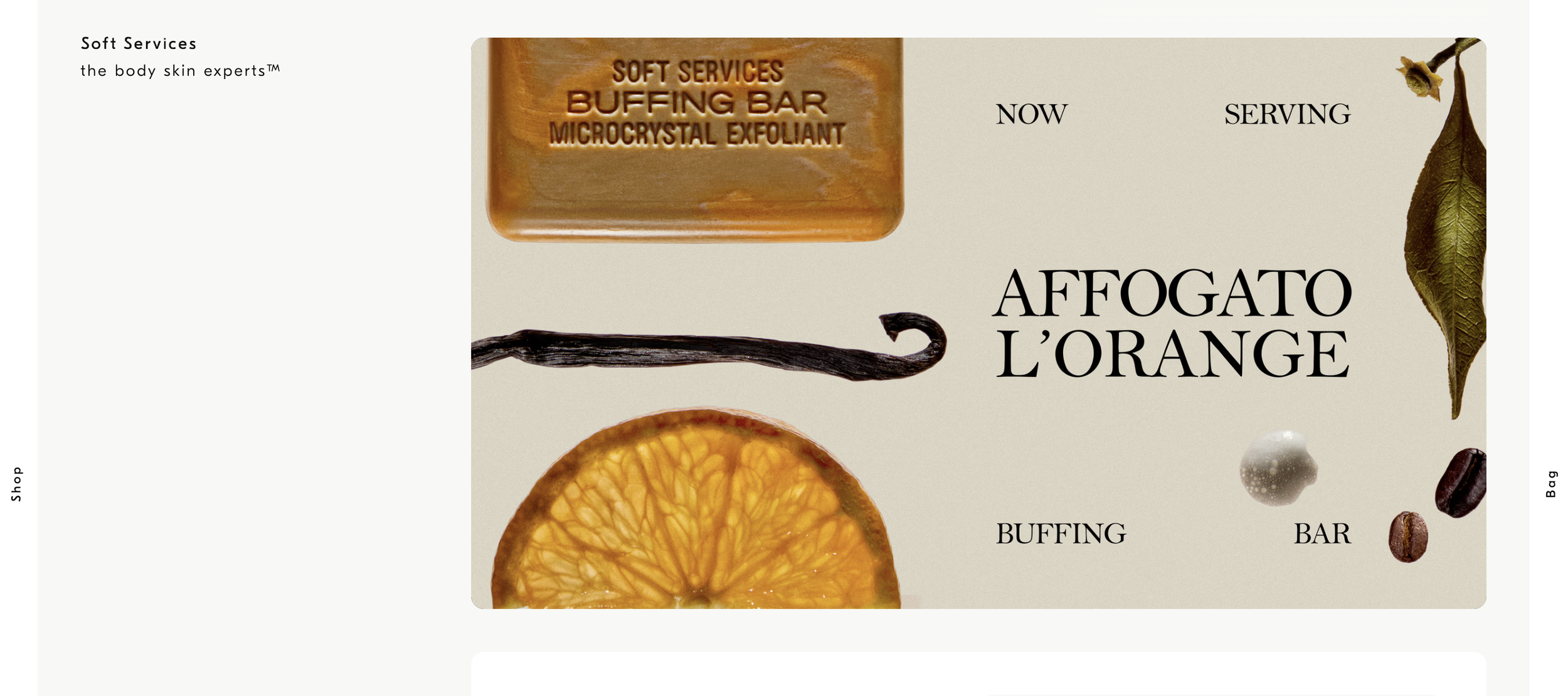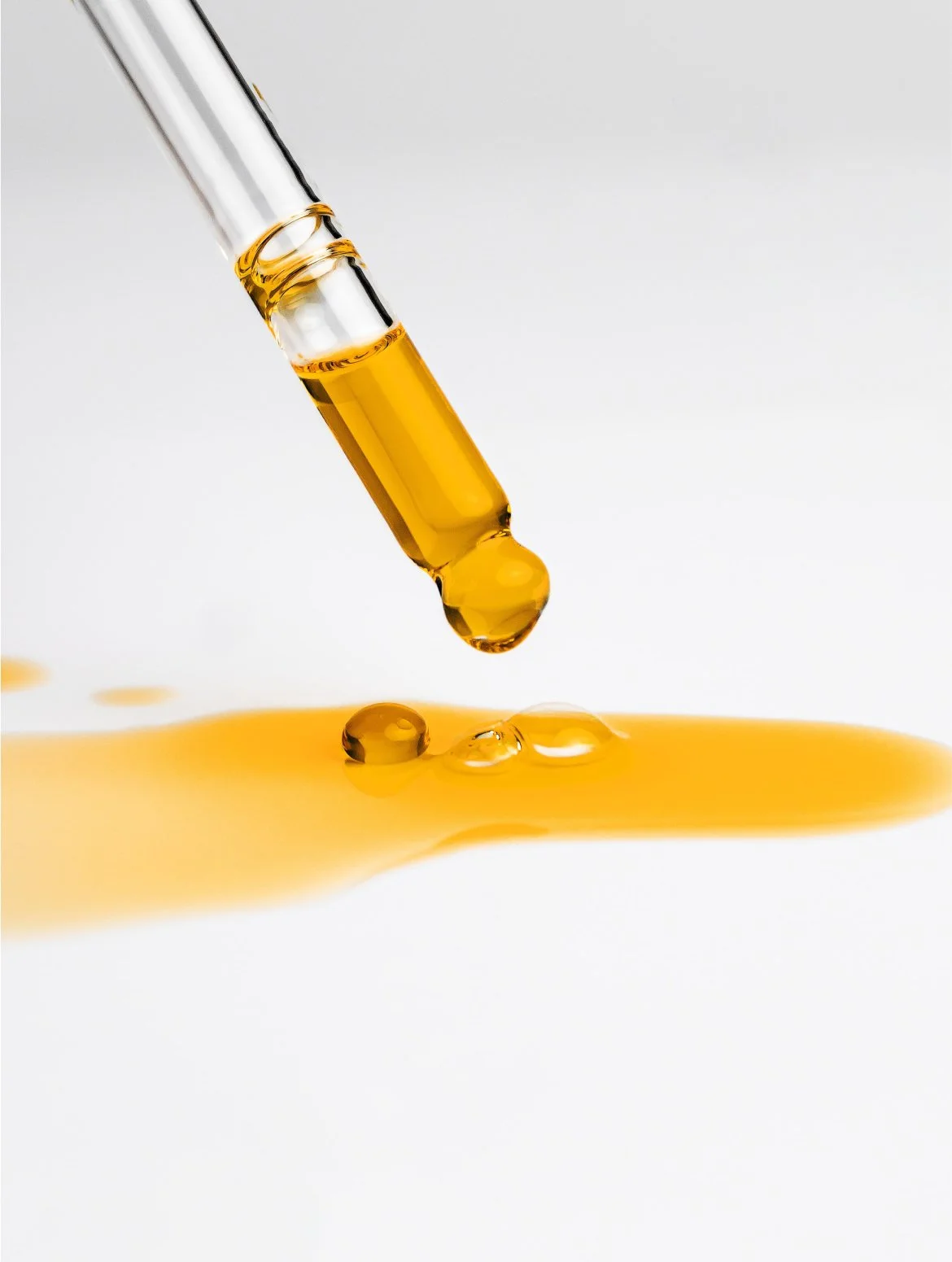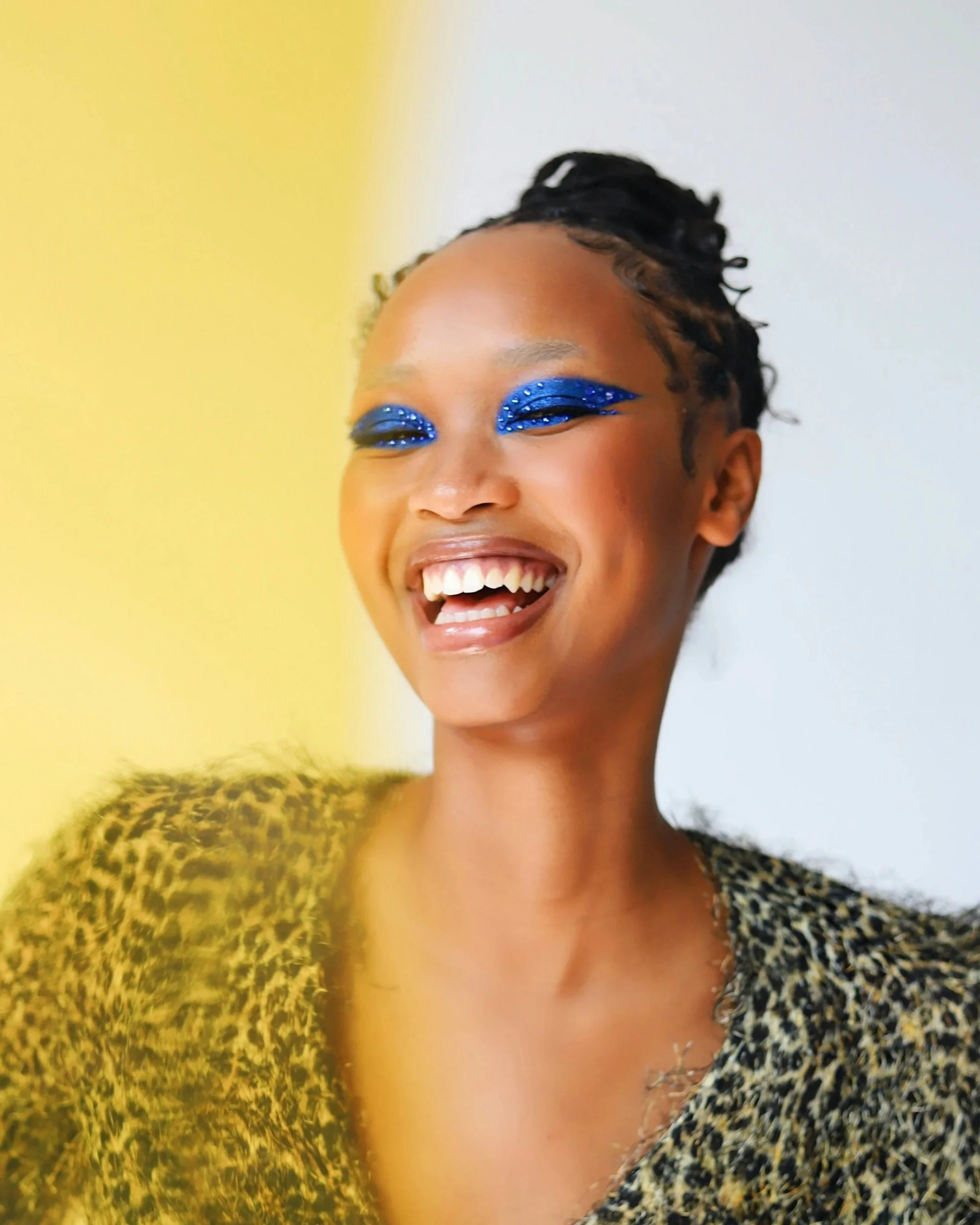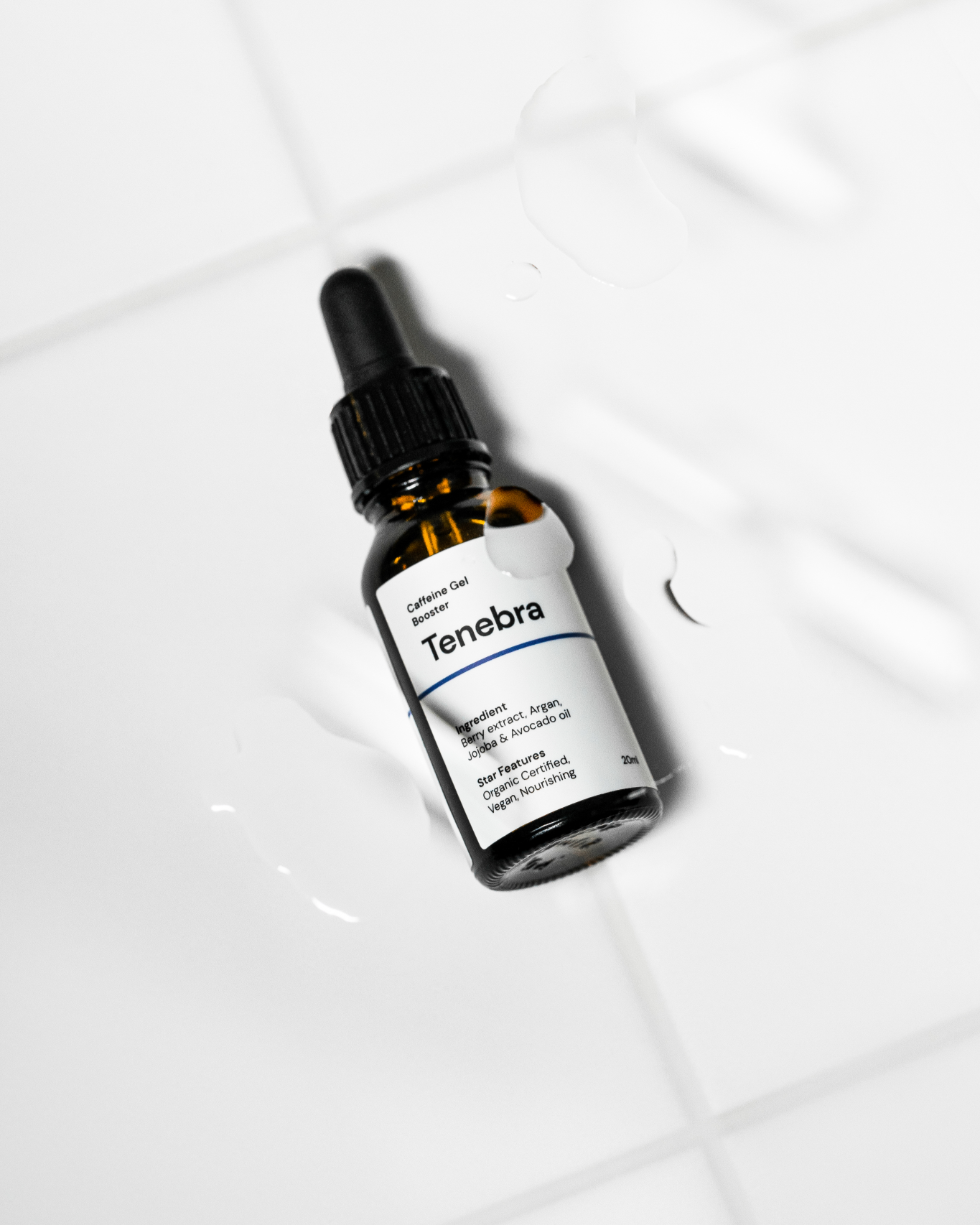New and Exciting Skincare Startups
Are you looking for how to start a skincare business? Maybe you already have a brand selling private label skincare or otherwise, and need some inspiration? You’ve stumbled upon the right article for you.
Today, we’ll look at some skincare startups that are like a fresh breath in the skincare market, either by their laser focus on technology, refining their niche, or truly understanding the customers.
Ready to watch and learn? Let’s go!
Table of Contents
When’s the perfect time to start a beauty brand
Spoiler alert: it’s NOW! The global beauty industry keeps on rapidly expanding, from $640 billion in 2025 to $1.15 trillion by 2034. So what are you waiting for?
Despite the rapid market growth, there’s still room for your beauty business too — especially if your niche is specific or fast-growing.
An increasing amount of beauty sales take place online, so launching a global brand has never been easier. That’s instant reach and more agility for your brand there.
Consumers are now looking beyond products and want to buy from a brand that aligns with their values. Now’s a great moment for founding mission-led beauty businesses.
Get inspired and meet the skincare startups
Angela Caglia
Angela Caglia Skincare is a luxury brand spearheaded by Angela Caglia, a longtime celebrity esthetician. What makes this brand unique is the usage of human-derived stem cell technology. They’re actually the first brand to commercialize this technology with skincare products.
The star product of Angela Caglia Skincare is the Cell Forté Serum, which includes stem cell media in addition to peptides, growth factors, hyaluronic acid, and even snow mushroom. This serum is celebrated for its firming, enhancing radiance, refining skin texture, and deep hydration.
And customers seem to swear by it, despite the high price point. One writes: “Magic in a bottle. I really, really didn’t want to like this product because of the price. But the results are for real.” Angela Caglia Skincare teaches us that when your brand is technology-driven and your products work perfectly, you’ll find a community even if your price strategy is on the higher side.
Three Ships Beauty
Three Ships Beauty, established in 2017, is all about transparency, customer empowerment, and effective formulas.
The founders, Laura and Connie, mention that the brand was born out of frustration with greenwashing and overly complicated skincare. That’s why educating their customers is at the forefront of the brand, Three Ships Beauty products even come with an Ingredients Glossary.
Not only does this brand put transparency at the forefront, but they are also all about things natural, and all of their products are vegan-friendly, cruelty-free, sustainably sourced, and made in Canada.
Three Ships Beauty stands out in the clean beauty landscape by being truly dedicated to educating their customers, helping them make more informed choices.
Then I Met You
Then I Met You is a K-beauty brand established by Charlotte Cho. The entire brand was inspired by the Korean concept of jeong — a deep, emotional, and meaningful connection — which is reflected throughout.
Then I Met You takes pride in its production process and products, which are closely tied to Korean traditional medicine, like ginseng, fermented rice wine, persimmon, and others.
As I said, jeong shines through all cracks of the brand’s personality, but especially in how this skincare brand builds community. Then I Met you also organize fundraising and cultural events, taking an active part in initiatives that are important to their community.
Soft Services
Soft Services is a skincare startup born out of New York that focuses on body skincare and is known for its eclectic packaging. But there’s more that meets the eye!
As mentioned, Soft Services is one of the rare brands that take body skincare seriously by addressing and destigmatizing concerns like body acne, discoloration, ingrown hairs, keratosis pilaris, and others in a facial skincare-focused world.
And not only do they offer great products in artsy packaging, but they’re also dedicated to sustainability, using post-consumer recycled plastics, refill pods, and other sustainable packaging systems.
Blume
Blume is the brainchild of sisters Taran and Bunny. This skincare startup describes itself as healthy skin champions, by offering product selection for acne-prone and sensitive skin types, mainly for teens.
The creators of Blume support the idea that having healthy skin is better than having perfect skin, fostering a space of inclusion and acceptance for their young audiences. They are also committed to clean, cruelty-free, and vegan beauty.
All in all, Blume really shows their dedication to creating age-appropriate, sustainable, and inclusive skincare to Gen Z audiences (and we love it!).
Tronque
Tronque is a clean, clinical-grade bodycare skincare startup emerging from New Zealand. The brand was inspired by the founder’s Tanné Snowden’s, personal journey with endometriosis and the discovery that skincare products often contained endocrine-disrupting ingredients. And she had to do something about it!
All Tronque products are free from endocrine disruptors, fragrances, silicones, synthetic dyes, parabens, and more. Instead, they’re formulated with plant-based, organic ingredients that are often native to New Zealand.
Doré
Doré is a skincare startup from France, embracing what they call themselves radical simplicity.
This skincare brand aims to be elegant and timeless, accentuating a less-is-more approach by promoting fewer skincare routine steps, fewer ingredients in products, and overall, a more mindful self-care.
As a nod to French pharmacy aesthetic, Doré’s packaging features the deep nature green seen on pharmacy signage. Plus, their packaging is sustainable, and they even offer their own recycling program.
What we can learn
It’s one thing to look at successful skincare startups to get inspired, but another to truly see what we can learn from their story and apply it in real life. To help you see it more clearly, let’s quickly go through the biggest lessons from these beauty businesses.
Understand the struggle
Multiple of the brands on our list wouldn’t be here today if it weren’t for their struggles and concerns that they didn’t feel were addressed or seen by other skincare brands.
That’s why you, as a business owner, should really, and I mean, really understand your customers on a deep level. Have honest conversations with your target audience and try to hear what issues come up again and again. Identify them and solve these issues for your customers with your products!
Differentiate from the competitors
This lesson goes hand-in-hand with our previous one, as you have to find what makes you different and unique compared to your customers.
Gathering this list of skincare startups was sort of refreshing, because, for example, when’s the last time you saw a skincare brand specifically for teenagers? I feel like lately, the skincare industry has pushed for long routines and products that are generally best suited for adults. And dermatologists have noted how teenagers are using 12-step routines that are not suitable for young skin, mainly because of the loud marketing of adult products.
That’s why I’m happy to see brands like Blume that have a clearly set audience (teens), which they are aiming to educate and provide proper products for.
You have to have that special something that your competitors have not found an opportunity in or have forgotten about (like teenagers or other specific groups).
Evolve your brand
Some of the brands on our skincare startup list have reminded us of an important lesson: if one thing doesn’t work, try another one.
For example, one of these brands started as a subscription service and evolved into a retail business afterward. Others on the list have been trying to find the best ingredients and formulate the products for yeeeeears before they even launched.
What I’m trying to say is that you shouldn’t be scared of the first hurdles — keep grinding until you find your space, your dream products, and ingredients!
Final thoughts
The beauty landscape is ever-evolving, and the skincare startups are proof that when creativity and authenticity meet quality ingredients and products, something powerful happens.
As values like sustainability, inclusivity, and wellness continue to dominate the industry, you have the perfect opportunity to carve a space for your brand, too, even if your business is small — the values are what matter.
In other words, the perfect time to start building a beauty brand isn’t tomorrow or any other day. It’s today and now!
Must read












